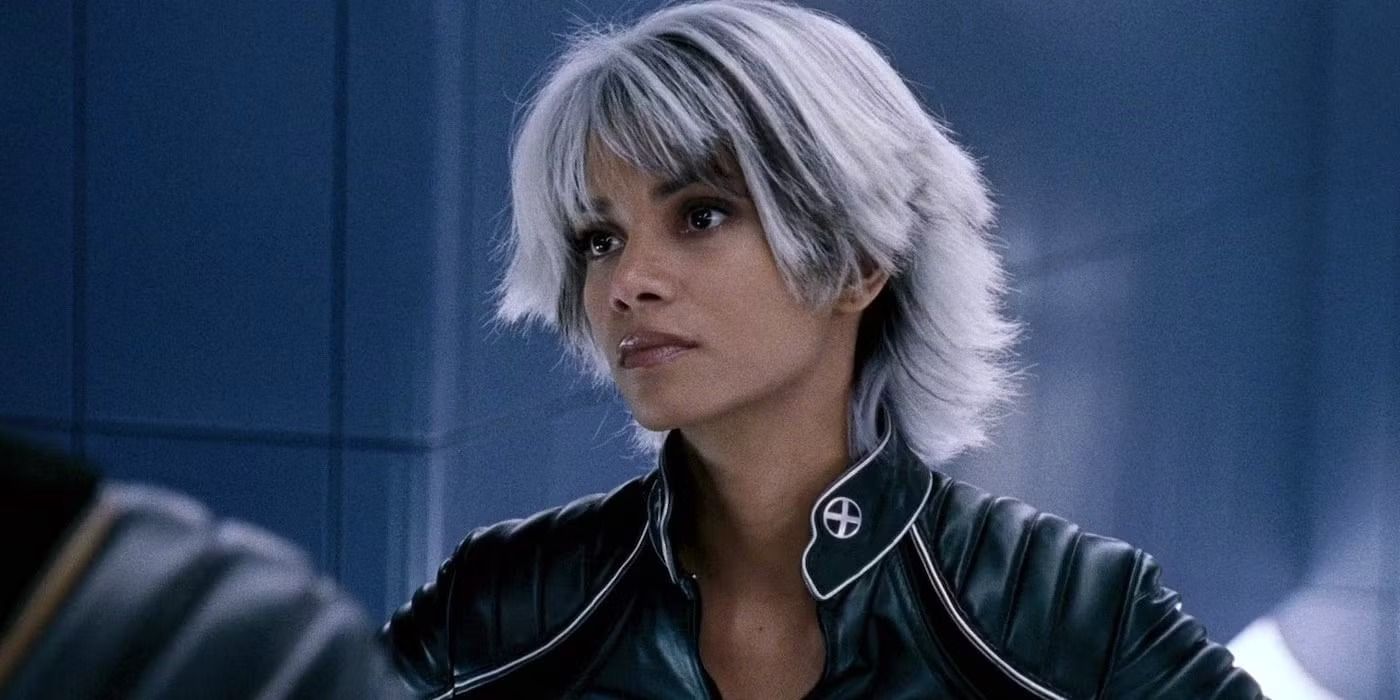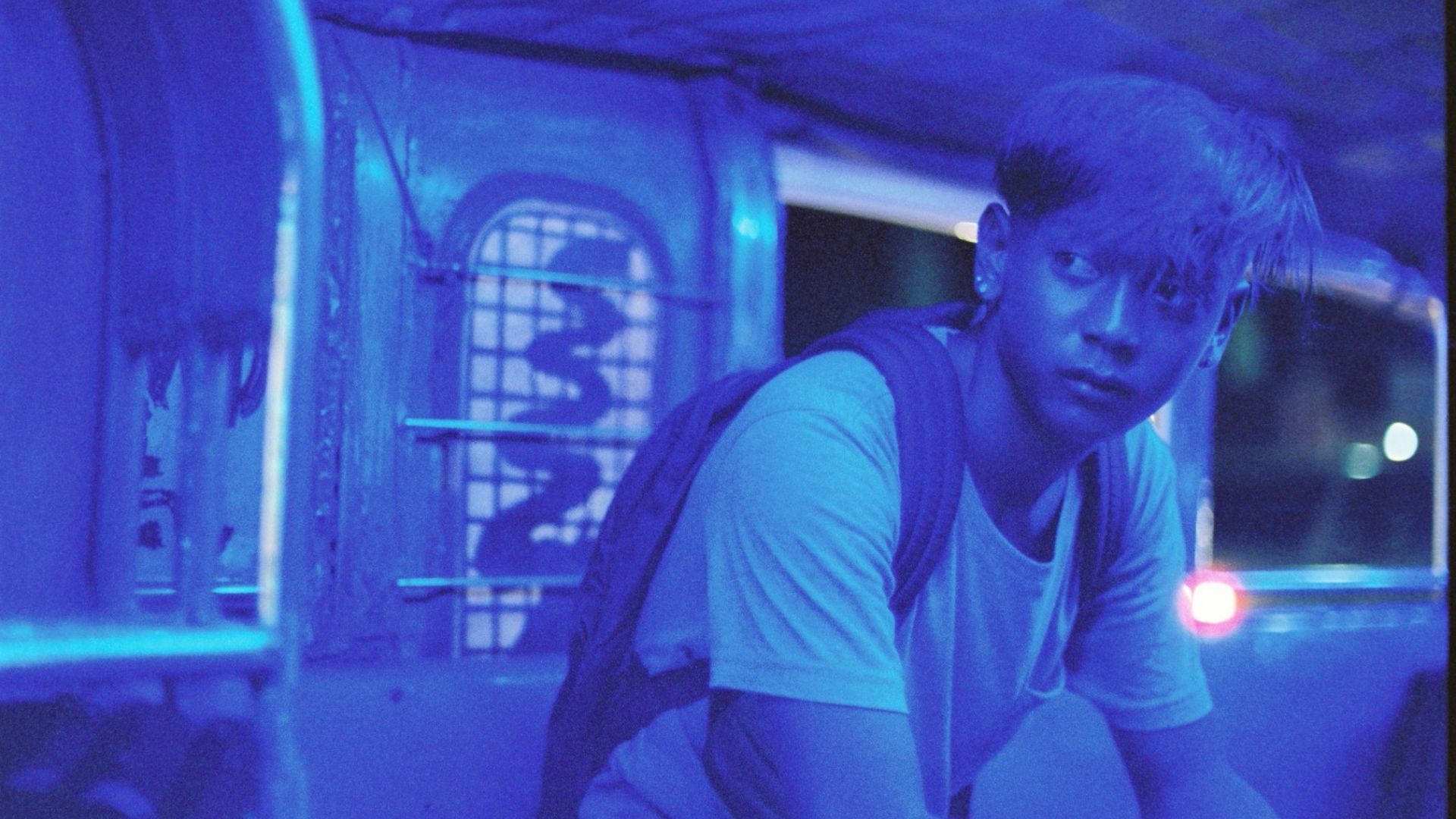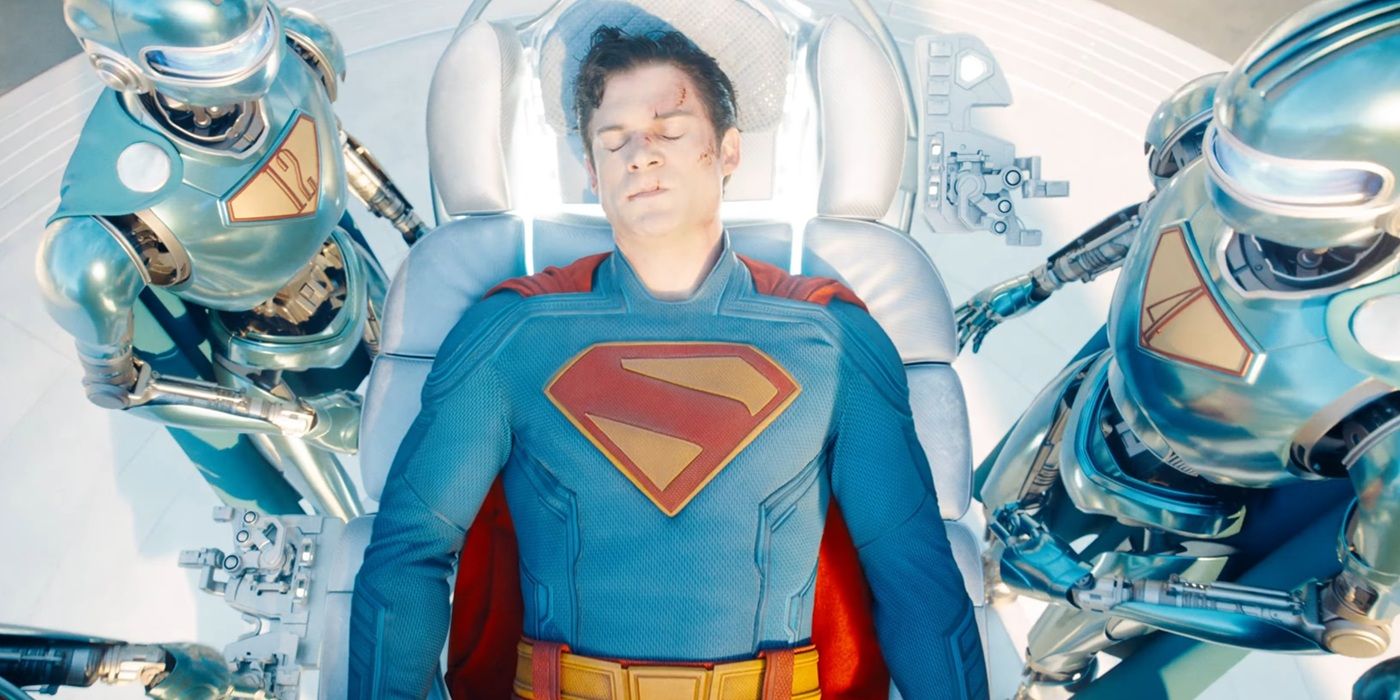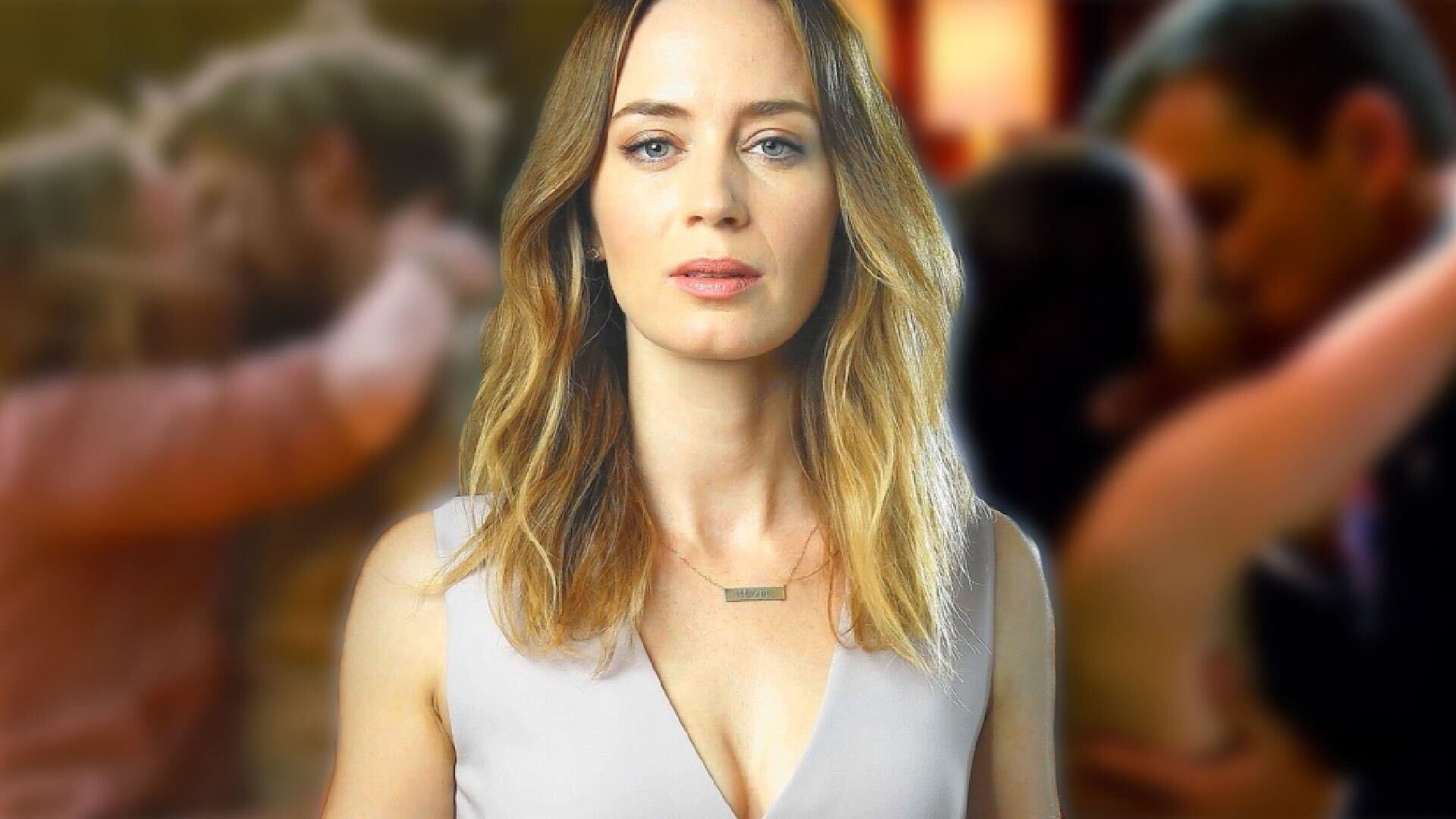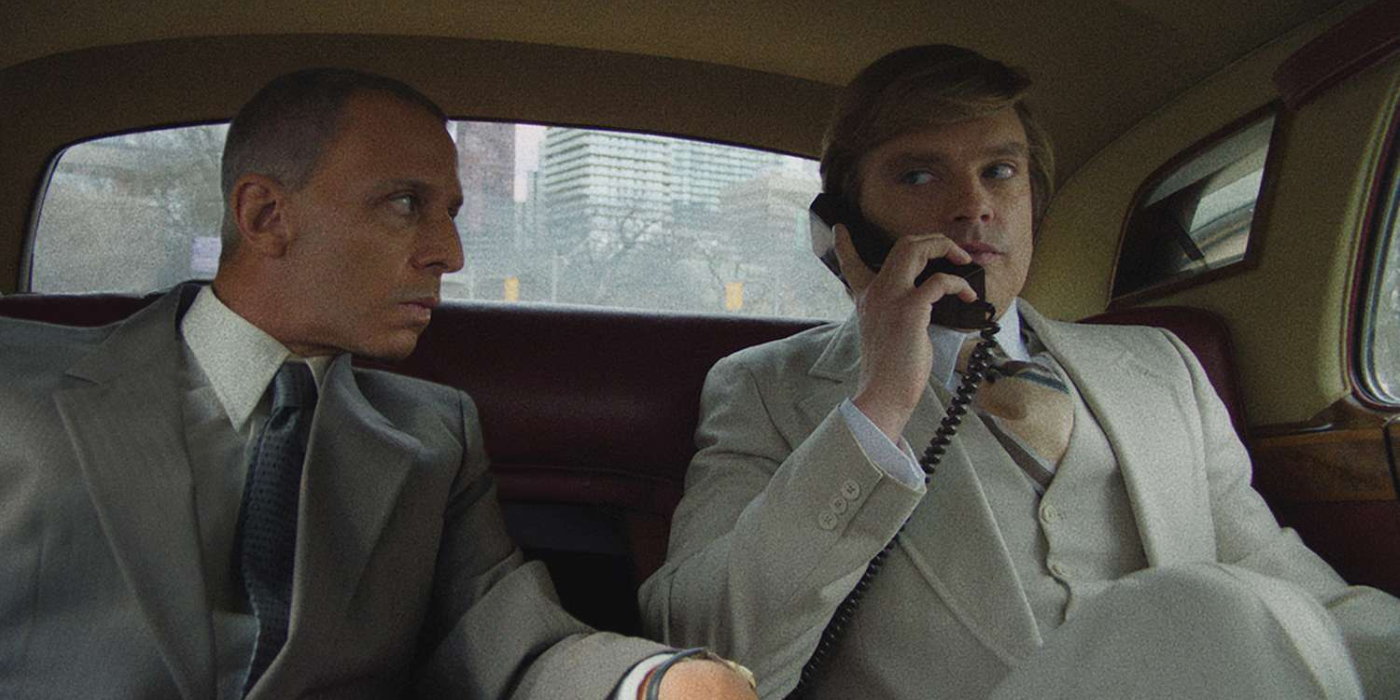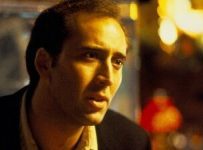In the summer of 1969, the musical world had its spotlight on “3 Days of Peace & Music” at the Woodstock festival in Bethel, New York. During that same period, one hundred miles south in Harlem’s Mount Morris Park, another series of concerts inspired a generation and helped to define a tidal shift in Black Americans racial identity. The Harlem Cultural Festival, dubbed the “Black Woodstock“, took place over six weekends from June 29 to August 24th. Legendary acts such as Stevie Wonder, B.B. King, and Nina Simone performed to over three hundred thousand people at the culmination of a tumultuous decade. Ahmir “Questlove” Thompson, the famed drummer for the Roots, recounts this historic event with interviews and stunning archival footage, which hadn’t been seen for fifty years.
Summer of Soul (…Or, When the Revolution Could Not Be Televised) is a breathtaking musical documentary. The winner of both the Grand Jury prize and Audience Award at this year’s Sundance Film Festival takes a snapshot of a defining societal moment. The country was reeling from the assassinations of JFK, Malcolm X, Bobby Kennedy, and Martin Luther King Jr. The Vietnam War raged with a disproportionate number of poor blacks drafted. Drug use and unemployment was a rampant scourge. New York City was still recovering from race riots the previous year. A unifying event was needed to bring people together in celebration.
RELATED: Summer of Soul Trailer: Experience Questlove’s Revolutionary Music Doc in Theaters This July
Summer of Soul opens with a blazing introduction from a then nineteen-year-old Stevie Wonder. The black and brown crowd claps in amazement as the blind performer rips a wicked drum solo. Questlove, in his feature directorial debut, has original festival goers watching the footage for the first time. He goes back and forth from the performers, to shots of the crowd, to commentary, and historical newsreels of the time. Gladys Knight talks emotionally of the shock and empowerment of seeing so many black people enjoying her music. The event had pretty much been forgotten. The footage shown was recorded at the concerts, but languished in vaults for decades. The concerts had only existed in memories to this point. The reaction to the footage is quite moving.
Questlove gives a lot of screentime to Tony Lawrence, the organizer and host of the festival. Lawrence was a singer, entertainer, and bon vivant. His charm and infectious personality moved mountains to promote the concerts. The film explores Lawrence’s warm relationship with New York City’s Republican Mayor, John V. Lindsay. Who was a staunch advocate for racial equality and poverty alleviation. The scenes with Lawrence and Lindsay on stage showed the audience that there was purpose across the aisles. Lindsay’s support, and Lawrence’s ability to garner corporate sponsorships, was a shining example of cooperation.
Summer of Soul will wow you with fantastic musical performances. I had chills watching The Fifth Dimension sing their mega-hit, “Aquarius (Let the Sunshine in)”. Then you have David Ruffin of the Temptations, a superstar at the time, energizing the crowd with “My Girl”. Questlove also focuses on the blues with standout clips from B.B. King, and the Mother of Gospel, the iconic Mahalia Jackson. Sly and the Family Stone burn down the stage with their energetic mix of funk, r&b, and rock. Musical acts were still very segregated at the time. Commentators discuss how a mixed race band with gender parity was so groundbreaking. A woman, who was a teenager at the time, had never seen a female trumpeter who sang, danced, and led the band. That moment opened her eyes to what she could be; a powerful moment in the film.
Summer of Soul pulls no punches in discussing inequities and racial disparities. A remarkable scene has a local news reporter asking festival goers how they felt about America’s moon landing. It was acknowledged as an achievement, but utterly useless to poor black people starving for food, jobs, and healthcare. Comedian Redd Foxx delivers a hilarious and scathingly sarcastic response. Nina Simone’s set ends with a poetry reading that encapsulated the hopes, dreams, and anger that many people felt. The concerts served as a megaphone for honest commentary.
The Harlem Cultural Festival was overlooked and buried. Hal Tulchin, who filmed the concerts, talks frankly how they couldn’t sell the footage afterwards. Television studios were interested in Woodstock, not “Black Woodstock”. These incredible performances were lost to time. Questlove and the producers deserve every accolade for unearthing this wondrous event. The film is beautifully crafted; a celebratory testament to everyone who made the festival happen. Summer of Soul is produced by David Dinerstein, Robert Fyvolent, and Joseph Patel. It is currently in limited theatrical release from Searchlight Pictures with a July 2nd premiere on Hulu.
The views and opinions expressed in this article are those of the author and do not necessarily reflect the official policy or position of Movieweb.
You can view the original article HERE.
